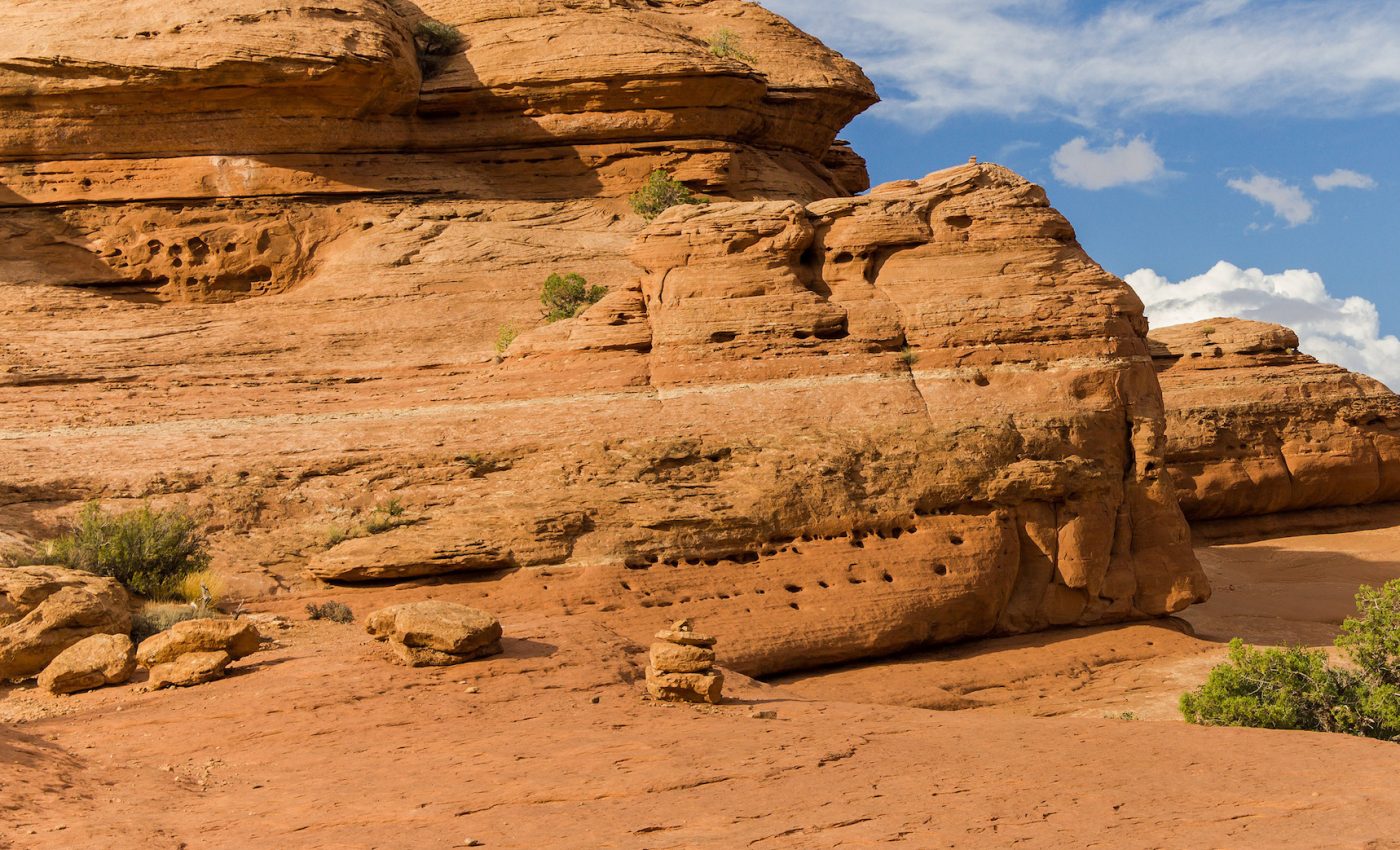
CO2 can be stored securely underground without leaking through faults
Research from the University of Edinburgh has found that carbon dioxide emissions can be stored securely in underground rocks, even when geological faults are present. According to the study, there is little chance of the gas escaping from fault lines back into the atmosphere.
The findings confirm the reliability of an emerging technology known as Carbon Capture and Storage (CCS), a process in which CO2 emissions from industrial activities are trapped and transported for underground storage.
The target of limiting global warming to below two degrees Celsius, as proposed by the 2015 UN Paris Agreement, may still be attainable if CCS and other climate mitigation strategies are widely adopted.
The latest findings, which are based on tests in a naturally occurring CO2 reservoir, may help to ease public concerns and promote the long-term storage of carbon dioxide in depleted gas and oil fields.
The research team chemically analyzed a natural CO2 repository in Arizona to calculate the amount of gas that had escaped the underground reserve over nearly 500,000 years. The study showed that a very small amount of CO2 had escaped the site each year, an amount that was well within the levels needed for safe and effective storage.
Dr. Stuart Gilfillan said, “This shows that even sites with geological faults are robust, effective stores for CO2. This find significantly increases the number of sites around the world that may be suited to storage of this harmful greenhouse gas.”
Dr. Johannes Miocic added, “The safety of carbon dioxide storage is crucial for successful widespread implementation of much-needed carbon capture and storage technology. Our research shows that even imperfect sites can be secure stores for hundreds of thousands of years.”
The study is published in the journal Scientific Reports.
—
By Chrissy Sexton, Earth.com Staff Writer













